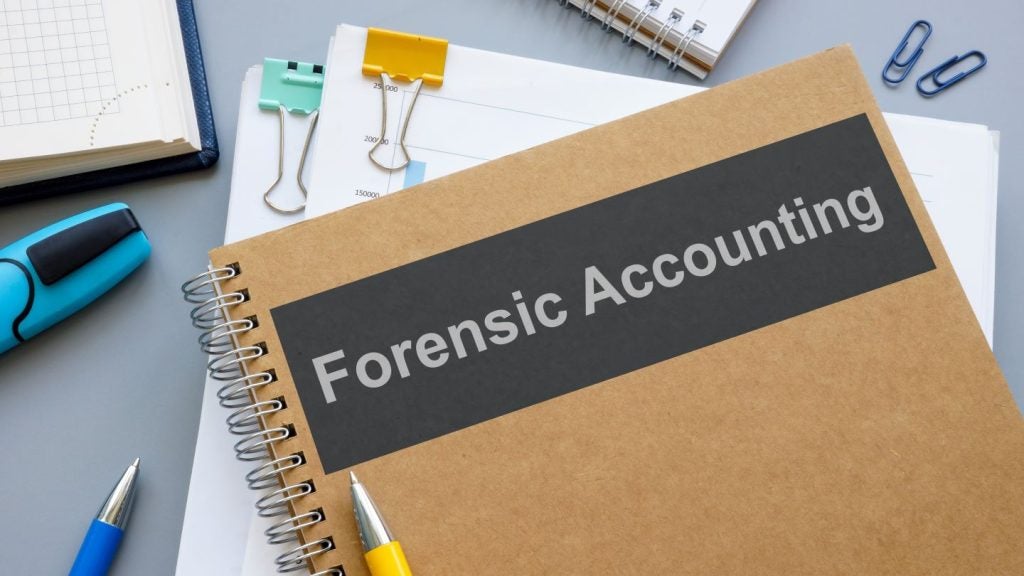The financial crisis has given accountants
a key chance to stake their claim as leaders in sustainability
reporting but the profession needs to do a better job of
advertising their unique credentials, according to one
sustainability expert.
Sean Gilbert has recently taken over as the
Global Reporting Initiative’s (GRI) representative for China,
having previously worked as director of the sustainability
reporting framework in Europe.

Access deeper industry intelligence
Experience unmatched clarity with a single platform that combines unique data, AI, and human expertise.
GRI is seen as one of the leaders in
standard-setting for sustainability reporting, although the
not-for-profit organisation has no formal accounting
standard-setting mandate.
Gilbert’s new role at the focal point in China
will see him establish GRI’s presence.
He will be responsible for GRI’s working
relations with government, business and accountancy groups among
others.
He said what distinguishes accounting firms
from other consultants is the ability to audit. But he is not sure
the general public understands the value that offers.

US Tariffs are shifting - will you react or anticipate?
Don’t let policy changes catch you off guard. Stay proactive with real-time data and expert analysis.
By GlobalData“I think the accounting profession is still
the market leaders in many places but they’ve done a poor job of
communicating their value and how they are different from a flashy
boutique consultant,” he said.
GRI this month reported more than 1,000
organisations worldwide have issued sustainability reports in 2008
based on the GRI guidelines, including 64 percent of Germany’s DAX
30, 48 percent of France’s CAC 40, 22 percent of the UK’s FTSE 100
and 13 percent of the US’ S&P 500. Gilbert said there is now
potentially a unique opportunity for sustainability reporting to
gain traction and he has identified some key trends where
accountants could have a role to play.
He currently observes two forces coming
together: an increasing expectation that large corporate companies
engage with sustainability management and the financial crisis
showing the dangers of capital markets becoming divorced from their
social context.
“So on the one hand you’ve got an expectation
that a well-managed company means they manage well on everything
and on the other you’ve got this fantastic example of what happens
when you lose your ethical compass,” he said.
“The combination of these two creates a unique
window both in terms of being able to elevate and expand the
practice of reporting and on the other hand for that kind of
reporting to play a role in informing people in terms of thinking
about tools or being a tool to try to manage a new kind of
economy.”
Gilbert said management accounting and
financial accounting have diverged significantly from one another
and the same should not be allowed to happen between sustainability
reporting and environmental management accounting.
The future of reporting is likely to look very
different too, said Gilbert, as non-financial information becomes
integrated with regulatory filings.
He said there is a subtle assumption that
financial reports should be the only thing analysts are interested
in but investors increasingly want a holistic view of how companies
are positioned into the future.
Technology will have a key role in changing
the nature of business information reporting as people’s
expectation of how and where they can access this information
increases, Gilbert added. The use of XBRL is an example of one such
technology, which he sees as being the backbone of business
reporting in the future.
Accounting firms and professional bodies could
also be doing more to help shift some of the thinking accounting
standards boards have on sustainability reporting, said
Gilbert.
At the moment the International Accounting
Standards Board (IASB) has no formal standards related to
sustainability reporting but Gilbert doesn’t see benefit in the
IASB or other standard setters developing their own sustainability
standards from scratch.
Instead Gilbert would like to see accounting
groups recognise GRI standards as a suitable base when it comes to
assurance – as they are similar to accounting standards in terms of
rigour and depth – and use these guidelines to help evolve new
accounting standard setter-backed sustainability guidelines.






